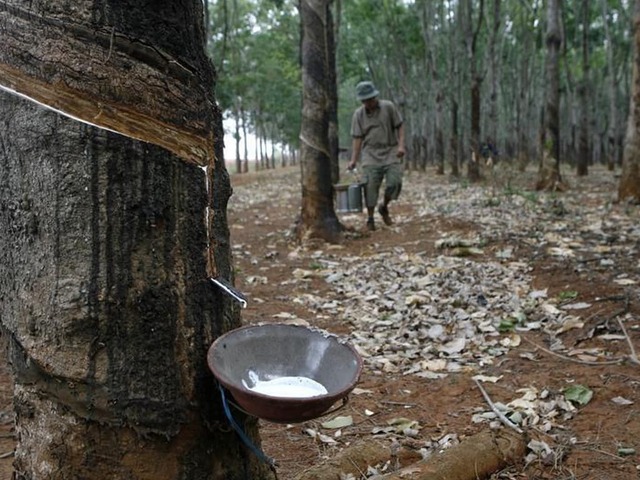Copyright brecorder

SINGAPORE: Japanese rubber futures recouped early losses on Wednesday to close higher, as upbeat earnings and outlook from major automakers countered concerns that a halt to Nexperia chip exports might impact rubber demand. The Osaka Exchange (OSE) rubber contract for April delivery was up 1.1 yen, or 0.35 percent, at 313.1 yen (USD2.08) per kg. The rubber contract on the Shanghai Futures Exchange (SHFE) for January delivery dipped 110 yuan, or 0.74 percent, to 14,850 yuan (USD2,084.80) per metric ton. The most-active December butadiene rubber contract on the SHFE fell 35 yuan, or 0.34 percent, to 10,145 yuan per ton. Major automakers showed signs of optimism, with Toyota raising its full-year profit forecast on cost-cutting measures and strong demand for hybrids, while BMW posted a higher-than-forecast profit margin in its core car business. Nexperia cannot say when deliveries of its chips will resume or vouch for their quality, the firm said in a letter to its customers. The Dutch government took control of Nexperia on September 30 due to concerns that its Chinese parent, Wingtech, intended to relocate the company’s European production to China. In response, China retaliated by halting exports of Nexperia’s finished chips, which are used in auto production. Automobile sales could influence the intensity of automobile manufacturing, which involves using rubber-made tyres. Oil prices fell amid a broader selloff in global financial markets. Natural rubber often takes direction from oil prices as it competes for market share with synthetic rubber, which is made from crude oil. The yen gained as much as 0.5 percent before trading 0.1 percent stronger at 153.52 per dollar. A stronger Japanese currency makes yen-denominated assets less affordable to overseas buyers. The front-month rubber contract on Singapore Exchange’s SICOM platform for December delivery last traded at 167.8 US cents per kg, down 0.2 percent.



